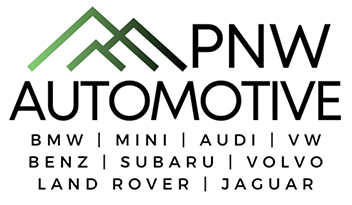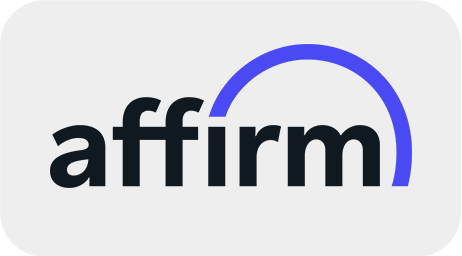When it comes to maintaining the longevity and safety of your vehicle, regular auto inspections are essential. Here at PNW Automotive in Astoria, OR, we understand the significant role these inspections play in not only ensuring your vehicle runs smoothly but also in safeguarding your journey. In this post, we aim to demystify the process of auto inspections, offering insights into why they are crucial and what you should expect when you bring your car to our shop.
The Necessity of Regular Auto Inspections
Why are auto inspections so important, you ask? Regular inspections allow us to catch potential issues before they become costly repairs. Much like routine health check-ups keep you informed about your physical well-being, auto inspections keep tabs on your vehicle's condition. With over a decade of experience serving the Astoria, OR community, we’ve seen how a proactive approach to car maintenance saves money in the long run.
What Happens During an Auto Inspection?
At PNW Automotive, our comprehensive auto inspections cover both safety and emissions components. Our skilled technicians scrutinize various parts of your vehicle, including brakes, tires, lights, fluid levels, and the exhaust system. We delve into detail, ensuring each component is functioning optimally and complies with Oregon’s safety standards.
During an auto inspection, we prioritize transparency and customer education. We’ll walk you through our findings, explaining any potential issues in layman’s terms because we believe informed customers make better decisions about their vehicle’s health.
Benefits of Choosing PNW Automotive
In the heart of Astoria, OR, PNW Automotive has become synonymous with trust and expertise. Our certified technicians treat each vehicle with the utmost care, using state-of-the-art diagnostic tools to provide reliable insights. But it’s our commitment to customer satisfaction that truly sets us apart. We’re not just inspecting cars; we’re building relationships rooted in trust and quality service.
How Often Should You Inspect Your Vehicle?
Frequency matters when it comes to auto inspections. While some aspects of vehicle checks are mandated annually by law, we often find that a bi-annual or quarterly check-up can enhance your vehicle’s performance and safety. Variables such as an older model car, high mileage usage, or frequent heavy-duty tasks necessitate more regular inspections. At PNW Automotive, we customize our service schedules based on your vehicle’s unique needs, ensuring you get the most out of your investment.
Take the First Step Towards Vehicle Safety
We invite you to visit PNW Automotive in Astoria, OR, where our dedicated team is ready to assist with all your inspection needs. An auto inspection is more than just a routine task; it’s a step towards enhancing your safety and peace of mind. Book an appointment with us today and experience firsthand the benefits of thorough, reliable auto inspections. We’re here to make sure your vehicle is in top shape, keeping you safe on the roads of Astoria and beyond.
Remember, at PNW Automotive, your vehicle’s health is our top priority. Whether you’re a local resident or just passing through Astoria, OR, our doors are always open to provide you with exemplary automotive service. Connect with us today and let's ensure your vehicle gets the care it deserves.








